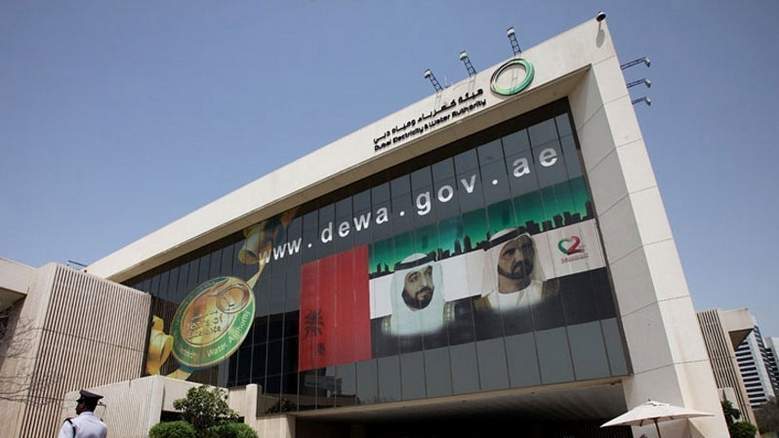UAE electricity, phone bills may be taxed under VAT
05:34AM Thu 16 Mar, 2017

The new tax will be charged on items such as electronics, smartphones, cars, jewellery, watches, eating out and entertainments, among others.
Dubai, March 16,2017 (KT):The UAE's impending value-added tax (VAT) will also be applicable on utility bills including electricity and water, as well as on mobile telephony and Internet bills, Khaleej Times has learnt.
Clare McColl, a partner at KPMG Lower Gulf, said VAT on utility bills will be in line with the international trend. "Based on international practice, we could expect 5 per cent VAT to be added to utility bills," she said.
Law on 5 per cent VAT passed in UAE
"While VAT will apply to utilities, such as power and telecommunications, and the overall impact on inflation should be around 2 to 2.5 per cent spread over the first year of introduction," David Stevens, VAT Implementation Leader, EY, told Khaleej Times.
When asked, the Ministry of Finance neither denied nor confirmed the report, and said that it will soon clarify the VAT implementation process in a press conference.
The UAE will join the club of nearly 150 nations by implementing a 5 per cent VAT in the country from January 1, 2018. The new tax, which is part of a move to diversify the country's revenue sources, is likely to generate Dh12 billion income in its first year of introduction, and may collect up to Dh20 billion in 2019.
10 things you should know about VAT in UAE
The UAE is expected to exempt 95 essential items from the new consumption tax. It is expected that the food items including 30 types of fish, health, education, bicycles and social services would be exempted from the new consumption tax.
The new tax will be charged on items such as electronics, smartphones, cars, jewellery, watches, eating out and entertainments, among others.
According to EY, the 5 per cent VAT is expected to produce revenues of over Dh92 billion per annum for the six GCC countries.
No Tax On Income
Experts say the UAE will remain tax-free in many ways even after the implementation of VAT as there is no income tax on salaries in the country. Free zones in the country also offer a tax-free environment, including 100 per cent foreign ownership in free zones besides the ease of doing business.
No VAT refund for UAE tourists?
Moreover, companies in the UAE whose revenues fall between Dh1.87 million and Dh3.75 million will have the option to register for VAT during the first phase of the VAT implementation. But companies that report annual revenues of over Dh3.75 million will be obliged to be registered under the VAT system.
Jeanine Daou, PwC Middle East Indirect Tax Leader, said VAT is expected to be levied on manufacturing sector except for a limited number of commodities which will not be subject to VAT.
"Also, most international companies in the manufacturing sector have their operations in the fenced free zones such as Jebel Ali Free Zone (Jafza). It is expected that supplies made by companies operating in fenced free zones such as Jafza will not be subject to VAT. The new levy would most likely apply on supplies from the free zone to onshore the UAE," Jeanine Daou said.











